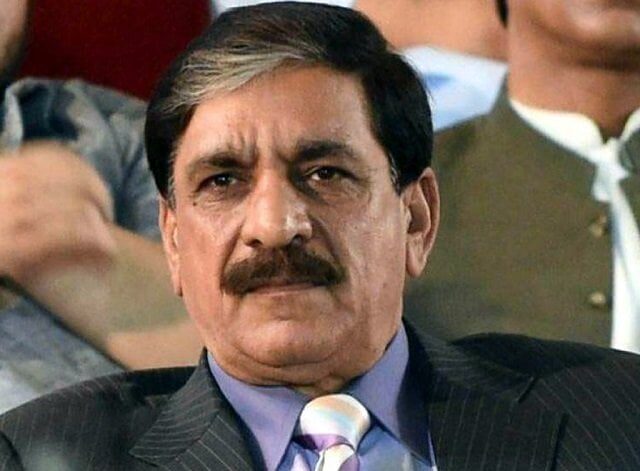Islamabad(WNAM REPOR): Speaking at a well-attended seminar organized by the Institute of Regional Studies (IRS), former National Security Advisor, Lt. Gen (r) Nasir Khan Janjua, suggested that the way forward to deal with the challenge of cross-border terrorism, especially the TTP, was to proceed through the Afghan government. He also underscored that, ‘for a better future, and ensuring a better partnership in the development of the region, we need to look at Afghanistan beyond the TTP factor’. He also emphasized the need to see the cross-border terrorism threat in a larger canvas, adding that “today’s challenges are direct outcomes of the conflicting ideologies of different countries and their maneuverings with the insurgent groups.”
Speaking on the occasion, Ambassador Asif Ali Khan Durrani, Pakistan’s Special Representative on Afghanistan said that peace in Afghanistan seemed a tall order for now, therefore we have to live with the neighboring country and manage our affairs with Afghanistan accordingly. Ambassador Durrani also noted that ‘earlier, it was hoped that with the arrival of the Taliban, the security situation on the Pak-Afghan border would improve but unfortunately the TTP attacks emanating from Afghanistan had increased by 60 percent in the last two years’. Regarding Indian involvement in fomenting terrorism, he stated, ‘I have no qualms in saying that Indians are paying the TTP through the Afghan proxies, and it is not something new as Indians have been propping up the TTP since the Karzai government.” He emphasized that the state should not negotiate with non-state actors.
Sharing his thoughts on the occasion, Dr Kaleem Imam, former IGP and counterterrorism expert, said that besides the TTP, several other militant organizations were actively involved in spreading insurgencies such as BLA, and BLF. He suggested that for countering each of these groups different strategies were required as one model could not apply to all, given the complex nature of militant networks and their ideologies.
Zahid Hussain, renowned author and journalist said that what was happening after the return of the Taliban was not something surprising as it had been predicted well in time, but we were not prepared for it. He underpinned that ‘it is not possible for the TTP to stay in Afghanistan without the support of the Afghan Taliban’ and regretted that an incoherent approach had led to the failure of the state in countering the existential threat of terrorism. He also impressed upon the need for clarity in policies towardsTTP since ‘fighting and negotiation could not go side by side.”
Agreeing with Mr Hussain, Gharida Farooqi, a senior journalist and anchor argued that it was impossible to develop a consensus out of ‘both confusion and ‘clarity’, and therefore, “we should come out of the dilemma of good Taliban or the bad Taliban, by developing a clear picture”. She added that, “we have to draw certain lines that there could be no talks with the TTP unless they surrender to the sovereignty of Pakistan. Iftikhar Khan Firdous of the Khorasan Diary said that there were at least 25 subgroups under the TTP right now and the number of TTP fighters had gone up to 21000 from 18000 in the last two years, He argued that the TTP was actually replicating the insurgency model of the Afghan Taliban of 2004. While it took Afghan Taliban more than 10 years to develop a solid base against the US, the TTP was quick in establishing its political and military structure on the Afghan Taliban model.
In his concluding remarks, President IRS, Ambassador Jauhar Saleem said that “we need to understand that there would always be some international politics played in our region, but we should never allow that to destabilize our country, the key to which is to adopt the right policy regime within the framework of both domestic issues and foreign relations.” He added that it was essential to bring about clarity in our thoughts and actions in terms of the dynamics of the key challenges faced by the nation and the way forward”.


